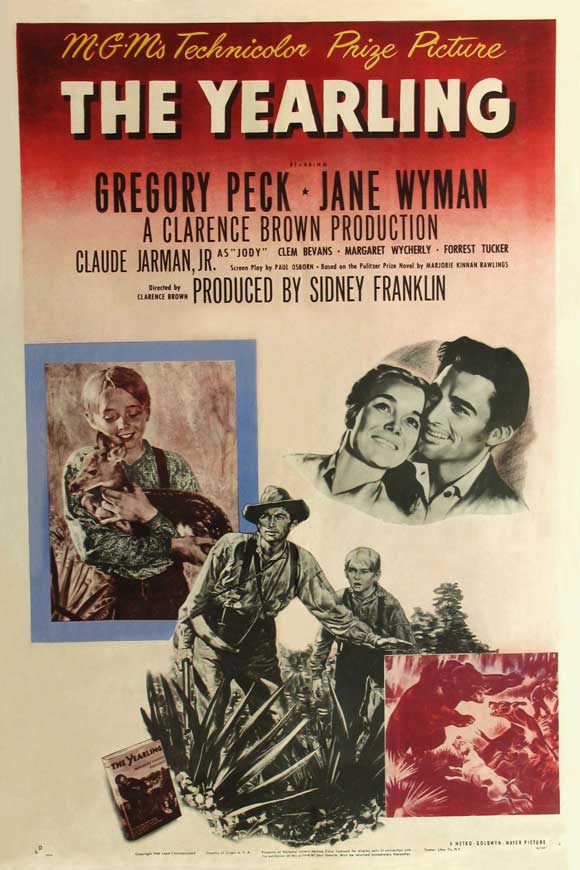Even the Academy didn't expect this year's winner to triumph!
Harold Russell did not pursue the acting life. He was living the modest life of customer service, enlisting in the Army after the attack on Pearl Harbor. Serving as an instructor at Camp McKail, a freak accident during demolitions training took both his hands. Now outfitted with hooks, Russell was featured in a documentary short about his rehabilitation, "Diary of a Sergeant." It was seeing that film that inspired William Wyler to cast Russell in The Best Years of Our Lives - that, and Wyler's determination to fill the cast and crew with as many veterans as possible. Russell was lauded for his performance, but when the Oscar nominations came out, he was seen as a longshot. After all, he was up against a number of older, more experienced performers, only one of whom had ever won. It is said that that was why the Board of Governors bestowed on him an Honorary Award, separate from the competitive nod, in recognition of his "bringing hope and courage to his fellow veterans through his appearance in The Best Years of Our Lives."
And then he actually won the damn thing, making him the first non-professional to win an Oscar and the only actor to win two Oscars for one performance.
What was the competition like? Here 'tis:







